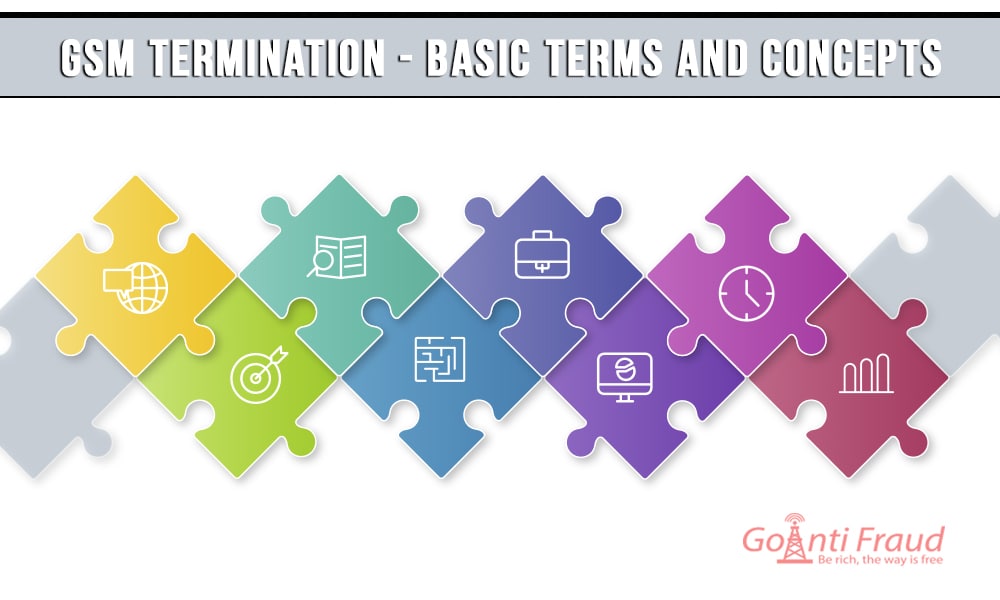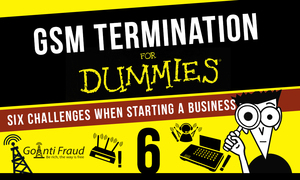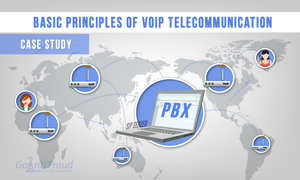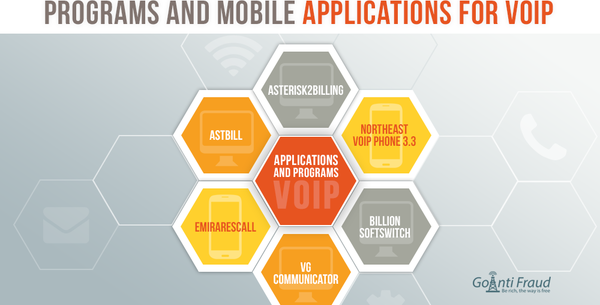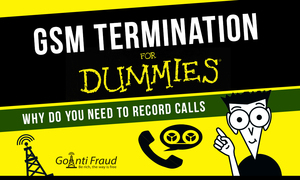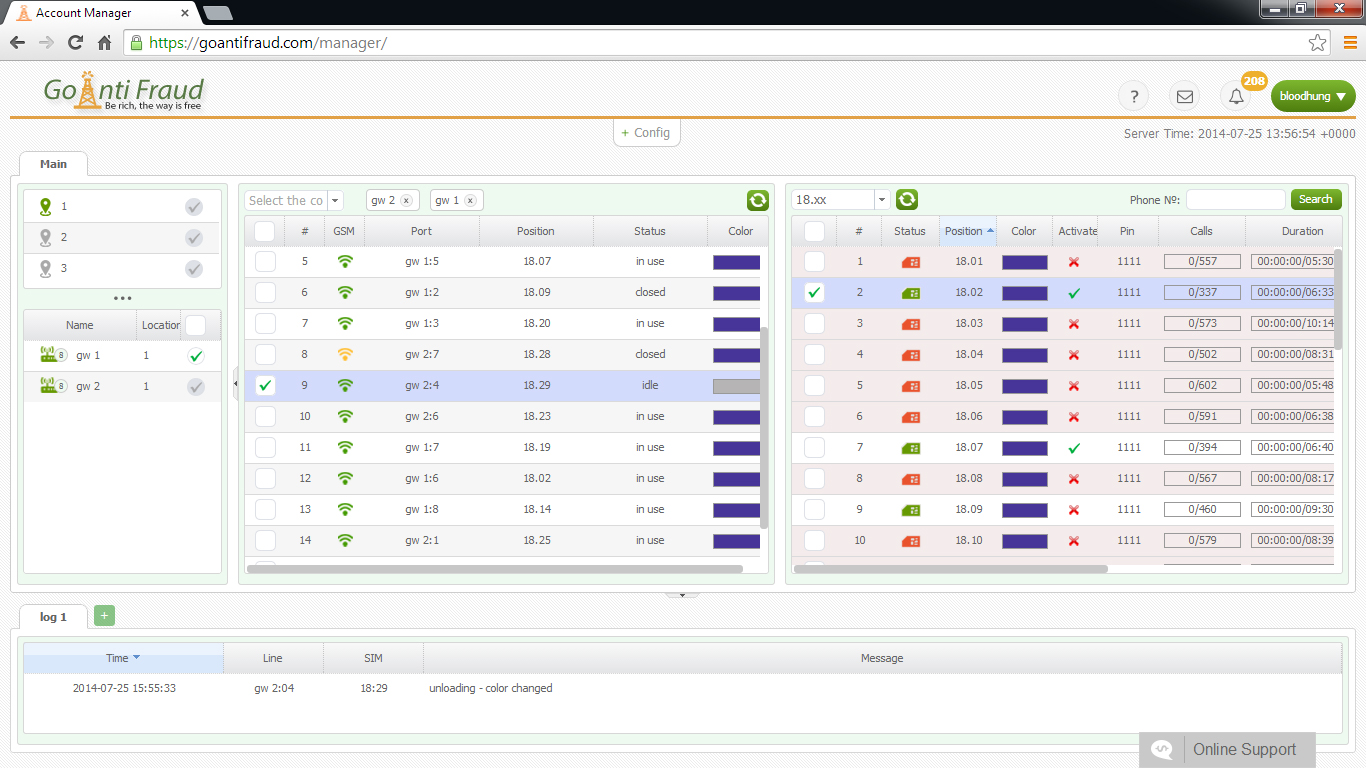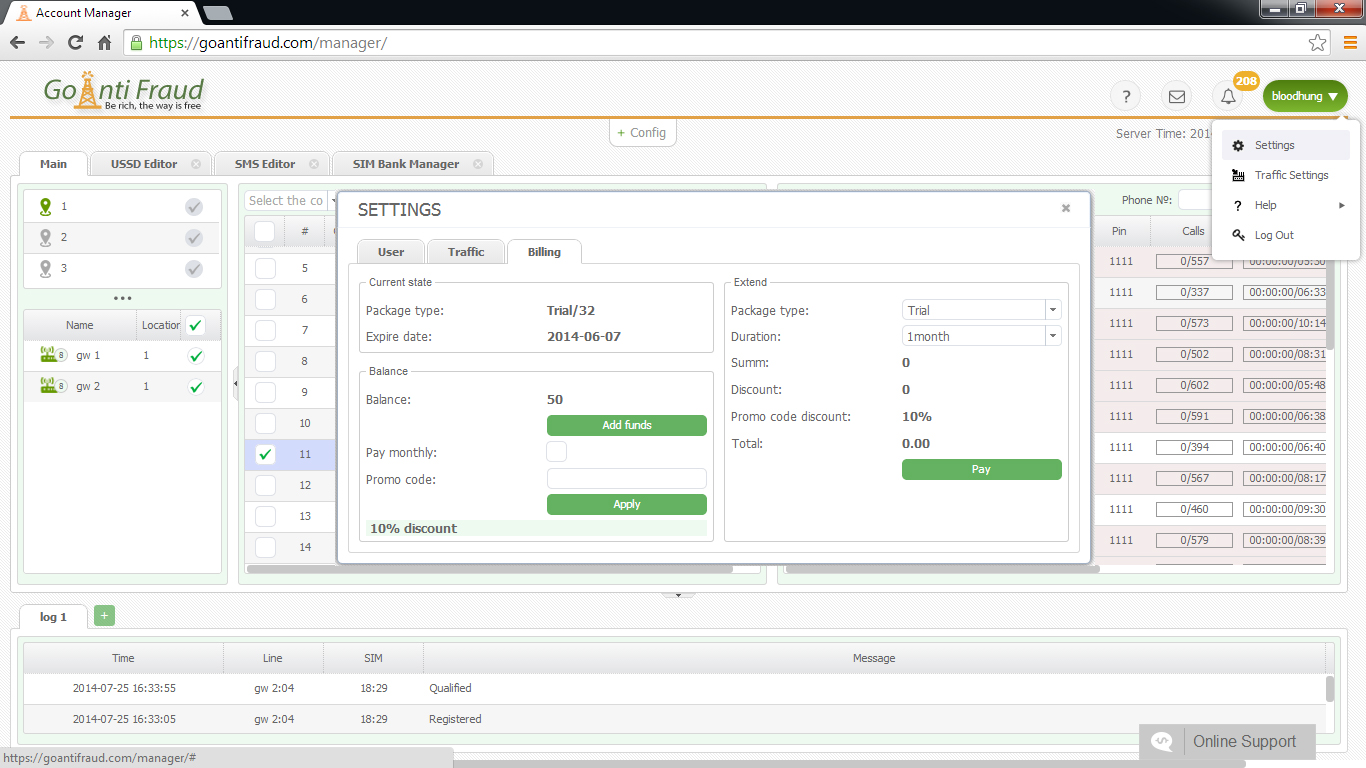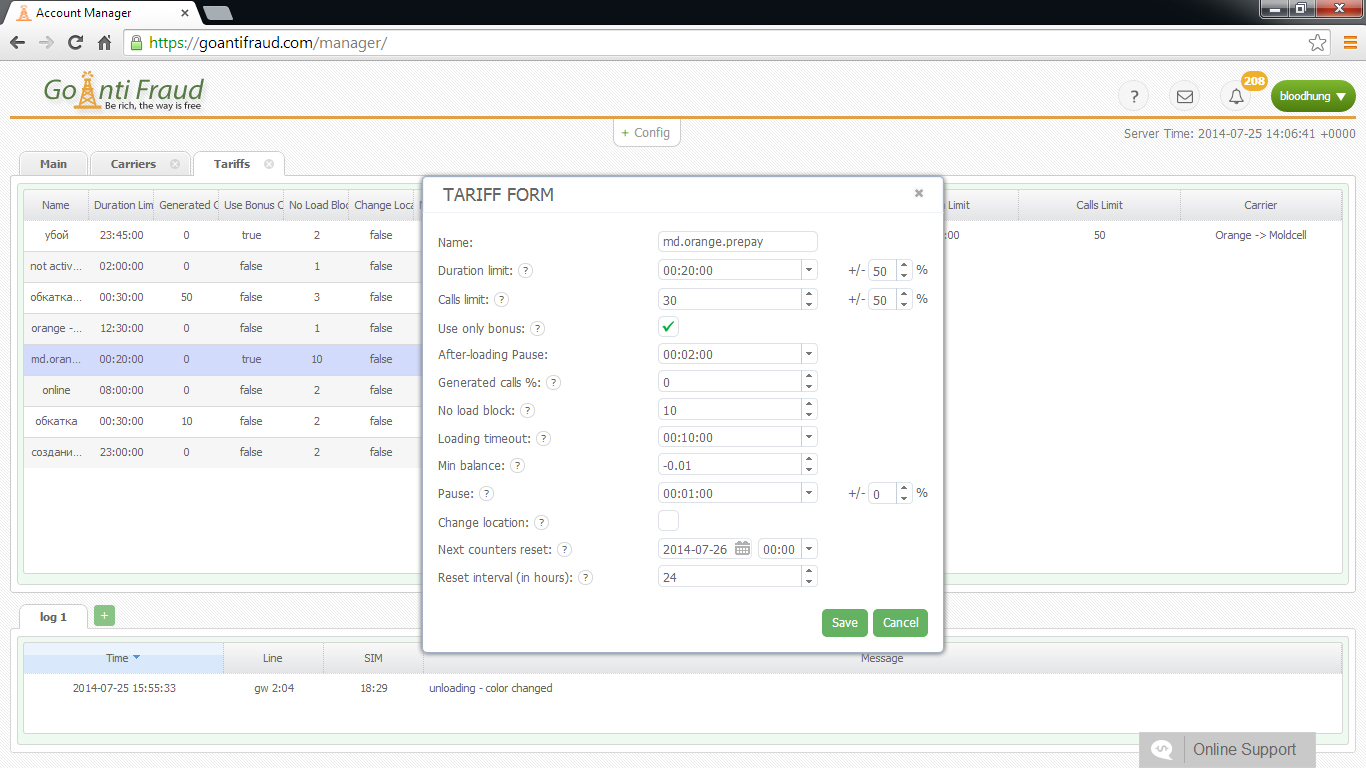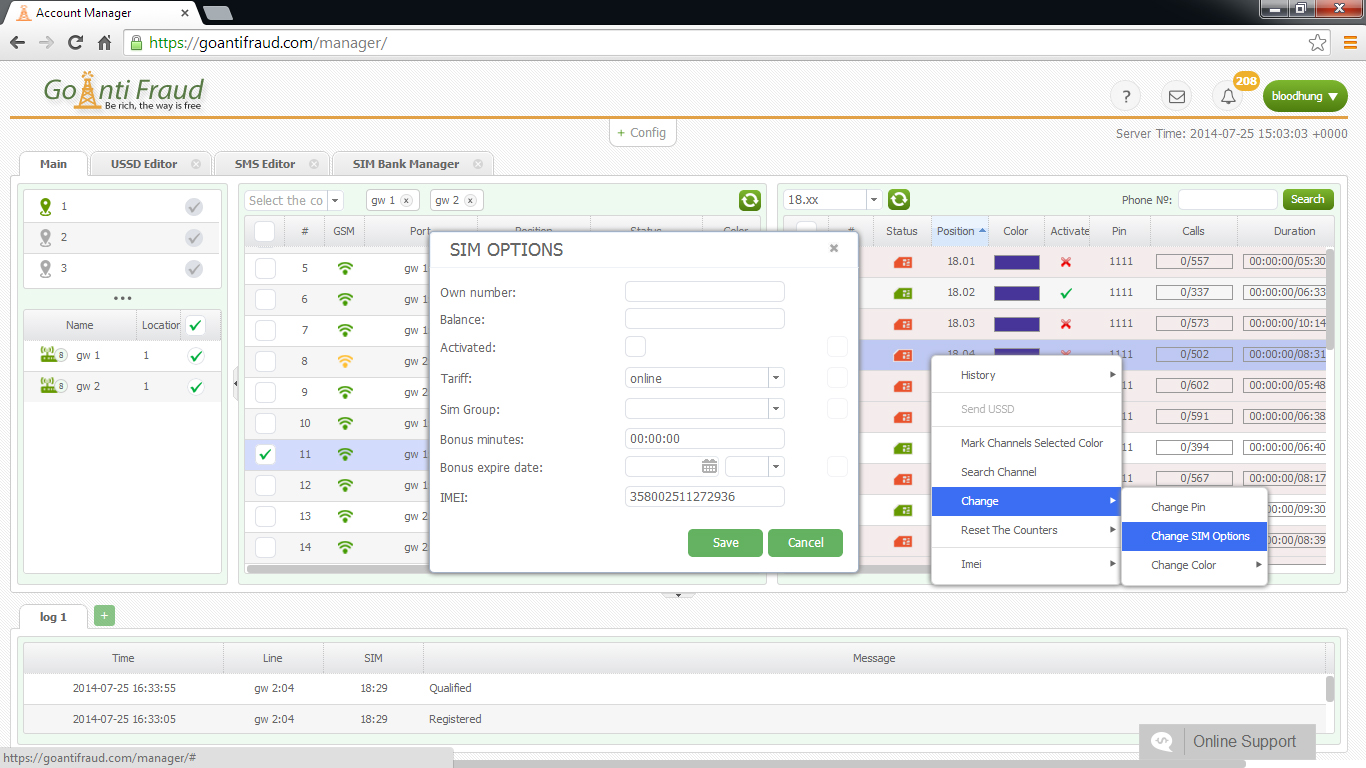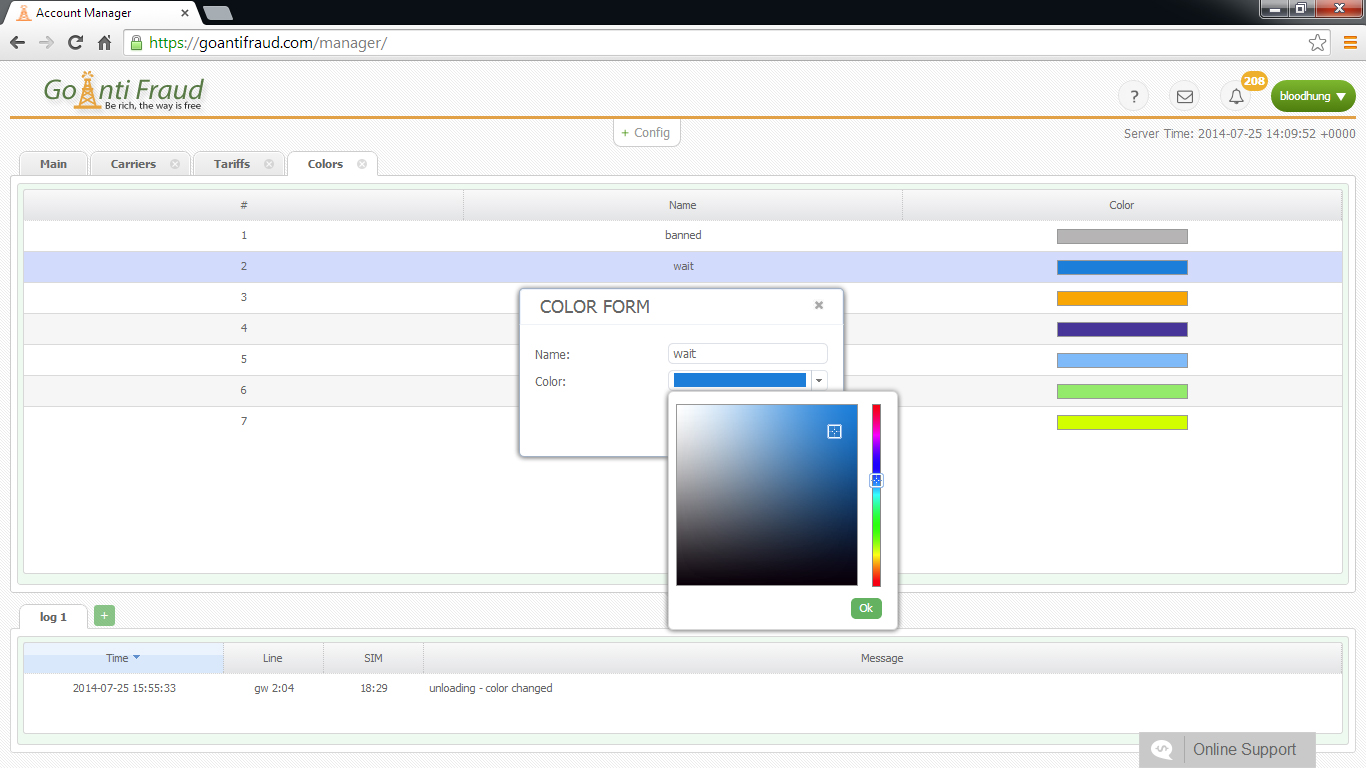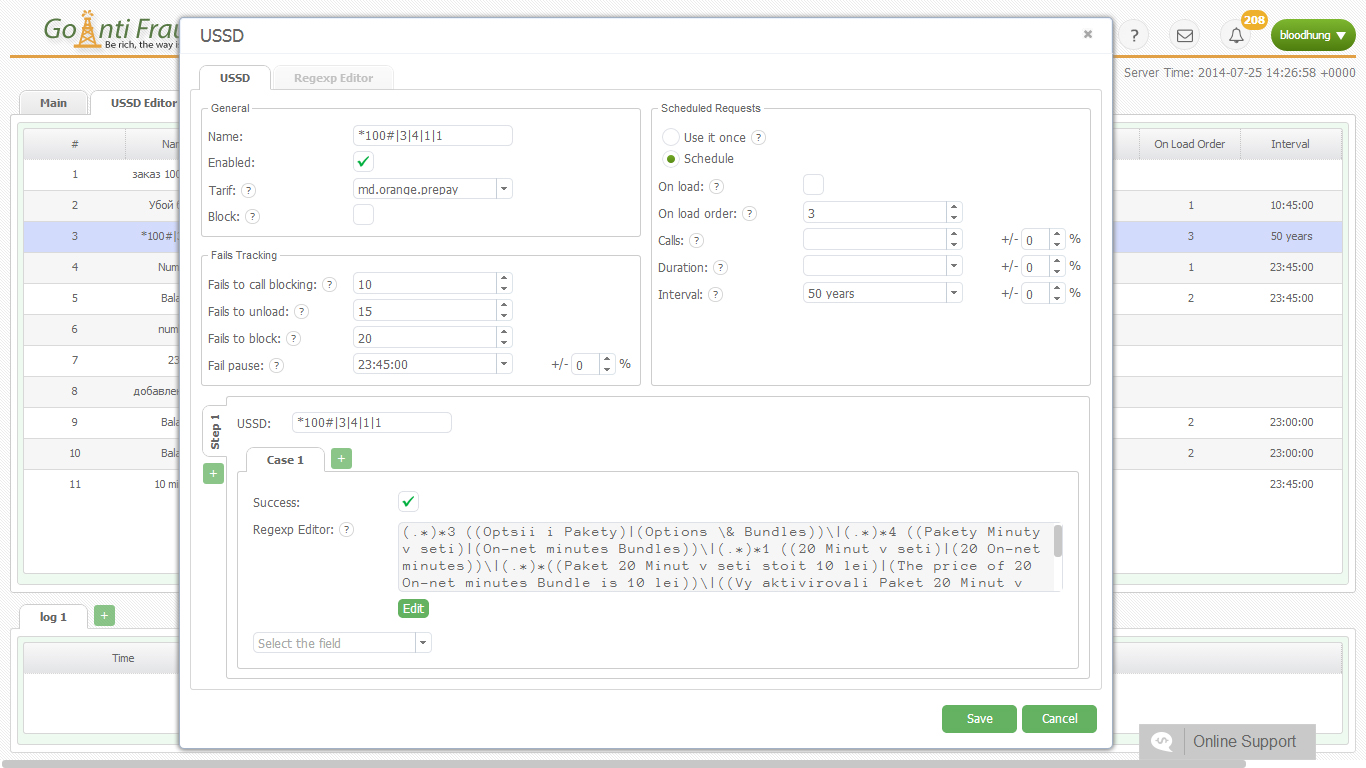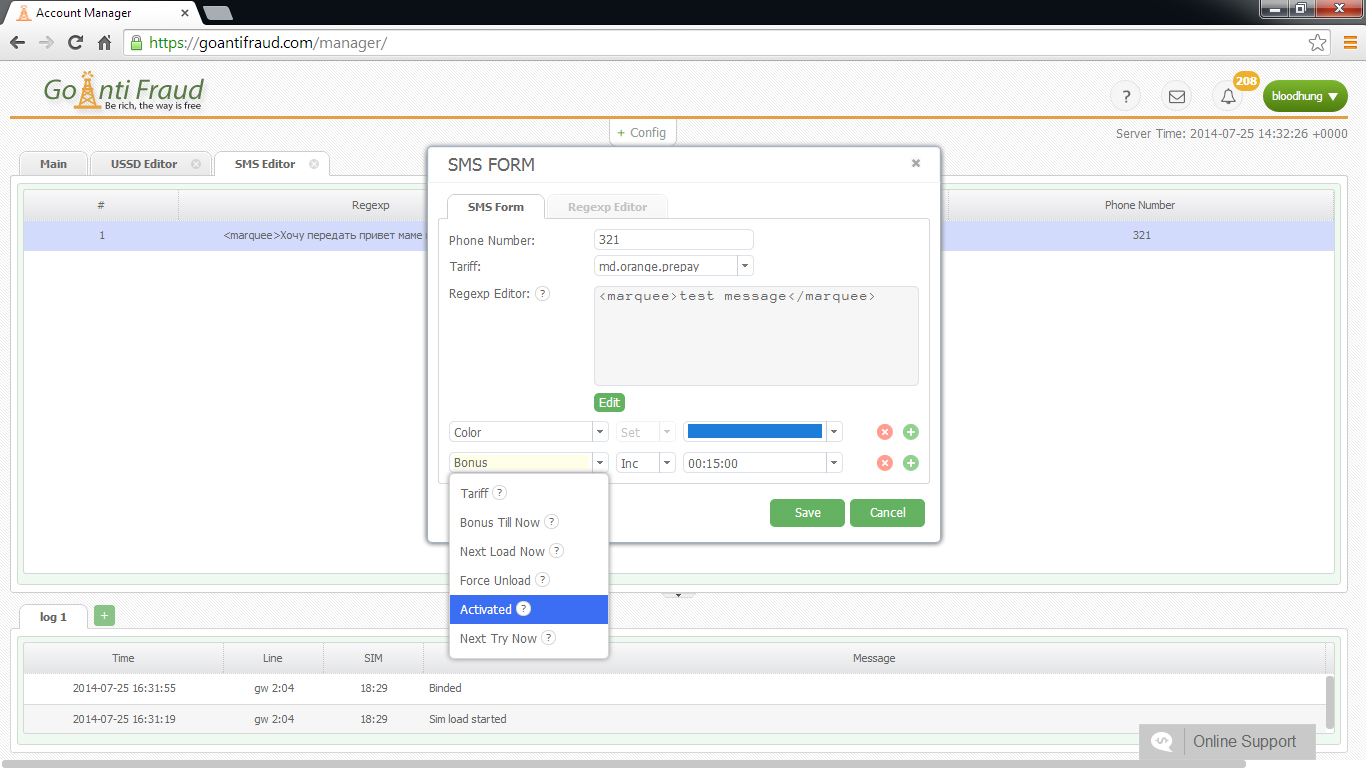For those who start working in the field of VoIP GSM termination, we have compiled a small dictionary of basic terms and concepts to help you understand all the intricacies of working in this specific business niche.
- GSM - (from the name of the group Groupe Spécial Mobile, later renamed the Global System for Mobile Communications) is a global standard for digital mobile communications with time division multiplexing (TDMA) and frequency (FDMA). Developed by the European Telecommunications Standards Institute (ETSI) in the late 1980s.
- VoIP (Voice over Internet Protocol) or IP telephony is a technology that provides voice transmission over packet-switched IP networks, a particular case of which are the Internet, as well as other IP-based networks (for example, dedicated digital channels). To connect the Internet (IP - networks) with the public switched telephone network PSTN (span> Public Switched Telephone Network), which belongs to the global circuit switched networks, special analog VoIP gateways are used.
- GSM Termination (VOIP termination) is a profitable business, which is based on the principle of converting a VOIP (Voice over IP) signal into a GSM signal using a VOIP-GSM gateway, SIM box and transferring a call to the end subscriber.
- Voice traffic is telephone calls to certain directions to the numbers of mobile operators. Measured by the number of minutes passed through the VoIP GSM equipment.
- VoIP GSM Gateway is a device that allows converting voice traffic from VoIP format to GSM format and vice versa. The GSM gateway is equipped with slots for SIM cards. The device converts the international VoIP call to GSM and redirects to the end user from the local SIM card.
- Sim bank is a device designed for integrated storage of a large number of SIM cards and remote control of VoIP GSM gateways. The SIM bank is always used together with the gateway. The terminator, using special software, can virtually load and unload SIM cards from the gateway channels (physically, the cards are in the SIM bank).
- Sim Server is a software that is used in conjunction with a SIM bank that allows you to remotely manage SIM cards in VoIP GSM gateways. Using this software, the terminator can virtually load / unload cards that are in gateways, make calls from one SIM card to another, etc., evenly distribute traffic between channels, simulate city traffic and generate incoming traffic (see Modeling human behavior).
- Antifraud is a software solution that GSM operators use to detect the termination of voice traffic. Large monopoly operators are concerned that terminators are taking away their potential profits, so they are developing special systems that track the atypical behavior of SIM cards.
- Simulation of human behavior is a system of actions with SIM-cards, carried out using software tools, which allows you to simulate the behavior of a real subscriber in GSM networks. It involves the development of the "logic" of termination and the creation of scenarios for the "behavior" of SIM-cards for a plausible imitation of human activity.
- Originator is a transit operator that delivers traffic to the owner of the gateway for final termination in a particular country. The originating company pays a certain amount to the terminator for landing every minute.

- ACD (Average Call Duration) is the average call duration. This parameter determines the quality of the route on which the call is forwarded. With a large number of ending short calls, the route is considered poor quality, since it does not bring the expected profit.
- ASR (Answer Seizure Ratio) - the ratio of successful calls. It indicates the ratio of the number of successful calls to the total number of calls in a certain direction. Expressed as a percentage. Failed calls - calls to which the subscriber did not answer. This parameter, like ACD, characterizes the quality of the route.
- CDR (Call Detail Record) - this term is widely used in the telecommunications industry to refer to a detailed record of all calls.
- GoIP equipment is GoIP GSM gateways and SIM banks manufactured by Hybertone (China). This is the most popular equipment for use in the field of VoIP termination services.
- Rotation of SIM cards is the process of virtually moving multiple SIM cards within a single GSM gateway channel. Cards are alternately loaded into one channel for further calls in order to evenly distribute traffic between SIM cards and reduce the load on each of them. SIM card rotation is designed to simulate human behavior in GSM networks. Rotation is possible using a SIM bank and a SIM server.
- Migration of SIM cards is the process of virtually moving SIM cards between slots of multiple GSM gateways located in different locations. SIM card migration simulates movement around the city, preventing the card from being blocked by the anti-fraud system.
- Traffic termination is the same as GSM termination. Converting an international VoIP call to GSM and redirecting it to the end subscriber from a local SIM card (using special equipment - VoIP-GSM gateway.
- Route is the direction in which the terminator "grounds" voice traffic. These are the countries and specific mobile operators through which calls will be made.
- Average rate is the average cost that originating companies are willing to pay for terminating a call in a certain direction (differs for different countries and different GSM operators). Measured in minutes. The terminator makes money on the difference between the rate and the cost per minute of a local call.
- Transit operator is the same as the originator. The company that supplies traffic to the terminator. This is an operator who earns on redirecting calls from one country to another (he receives a certain amount from the previous transit country for sending the call further). There are many such operators in the call flow chain, and everyone is interested in making more money. Therefore, transit operators often turn to the terminator as the last link in the call route - he needs to pay much less than the legitimate monopolist operators.
- Sim-box is the same as Sim-bank. Equipment for GSM termination, which allows you to store a large number of SIM-cards that take part in traffic termination. Using a SIM box and special software, you can remotely control GSM gateways.

